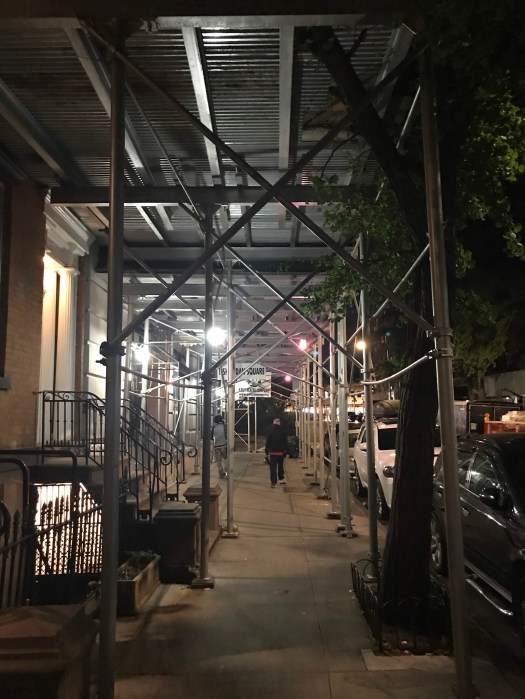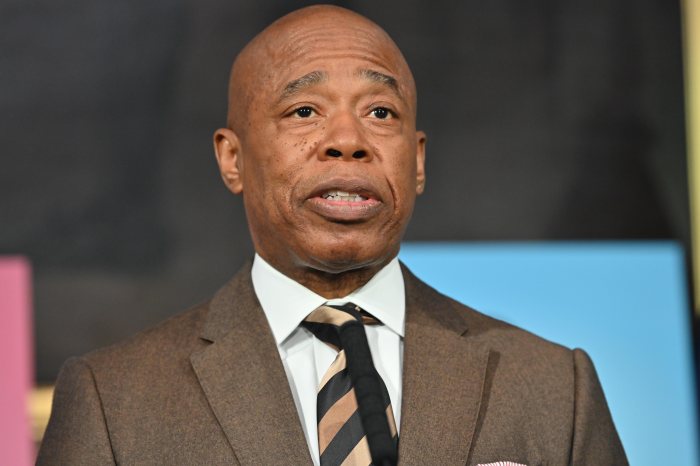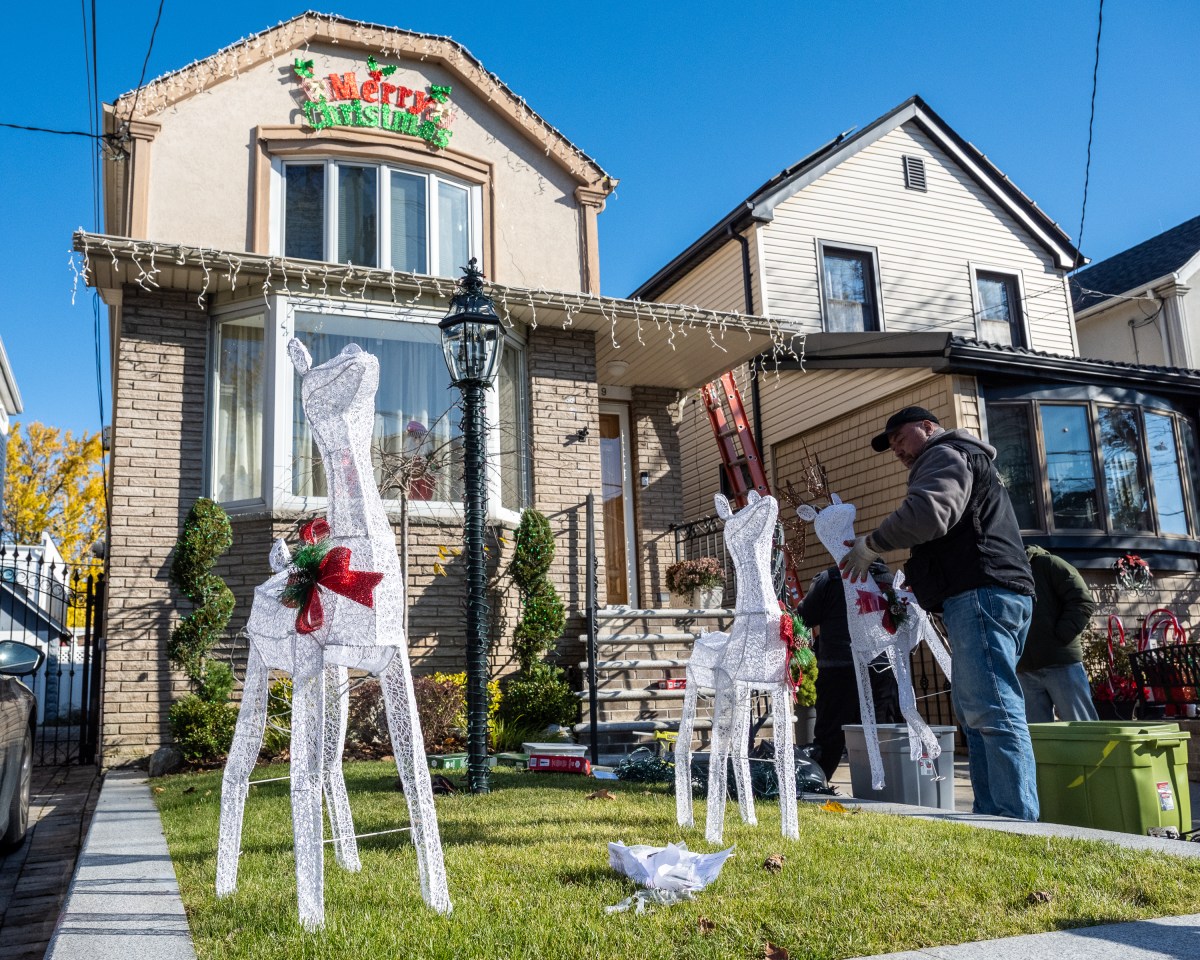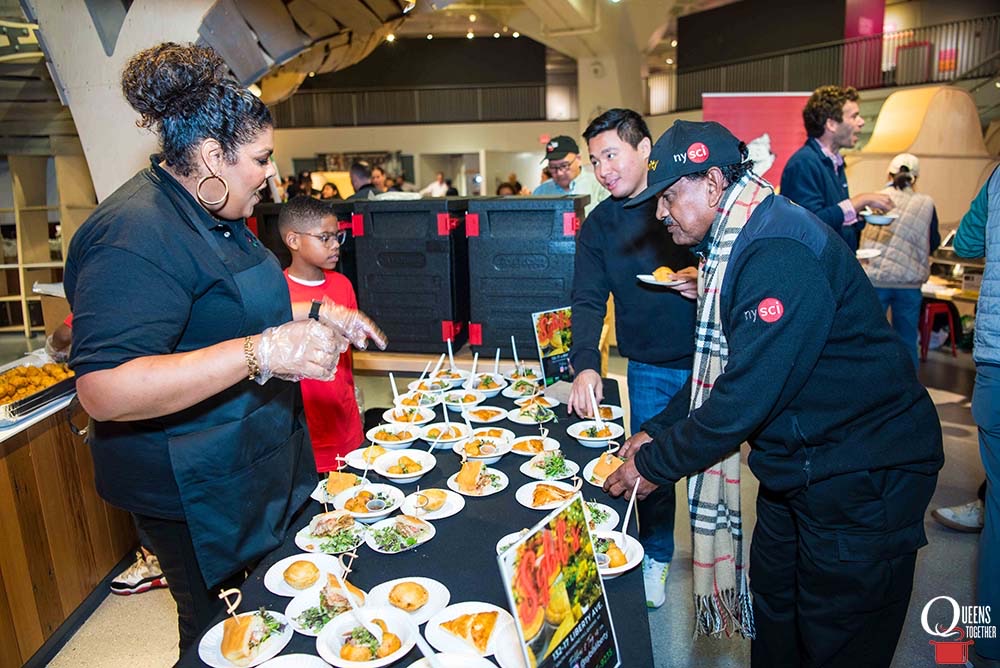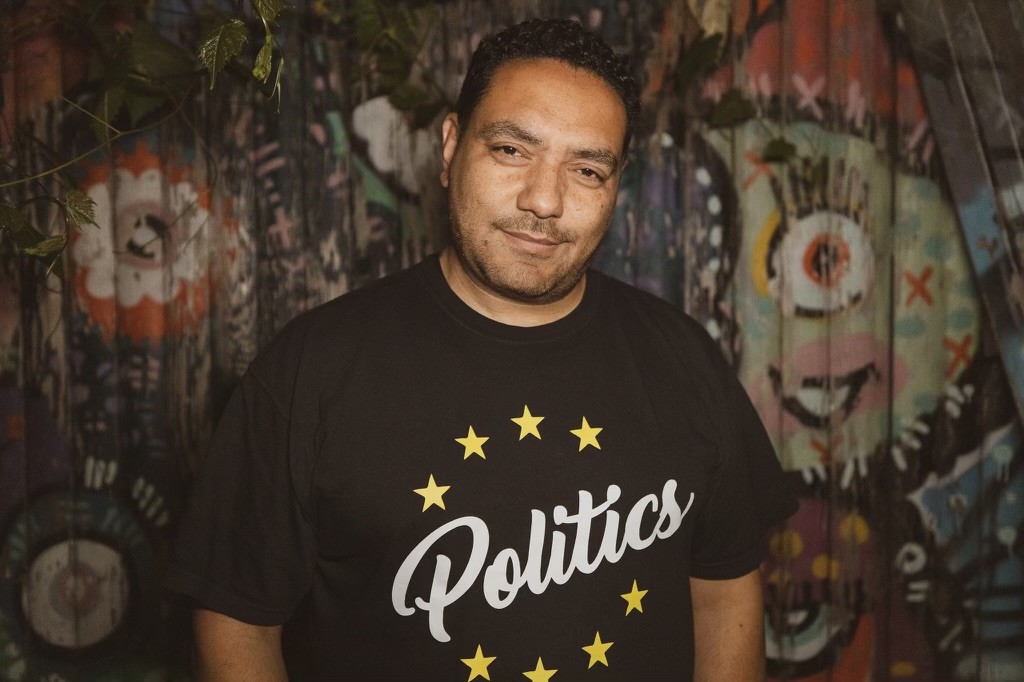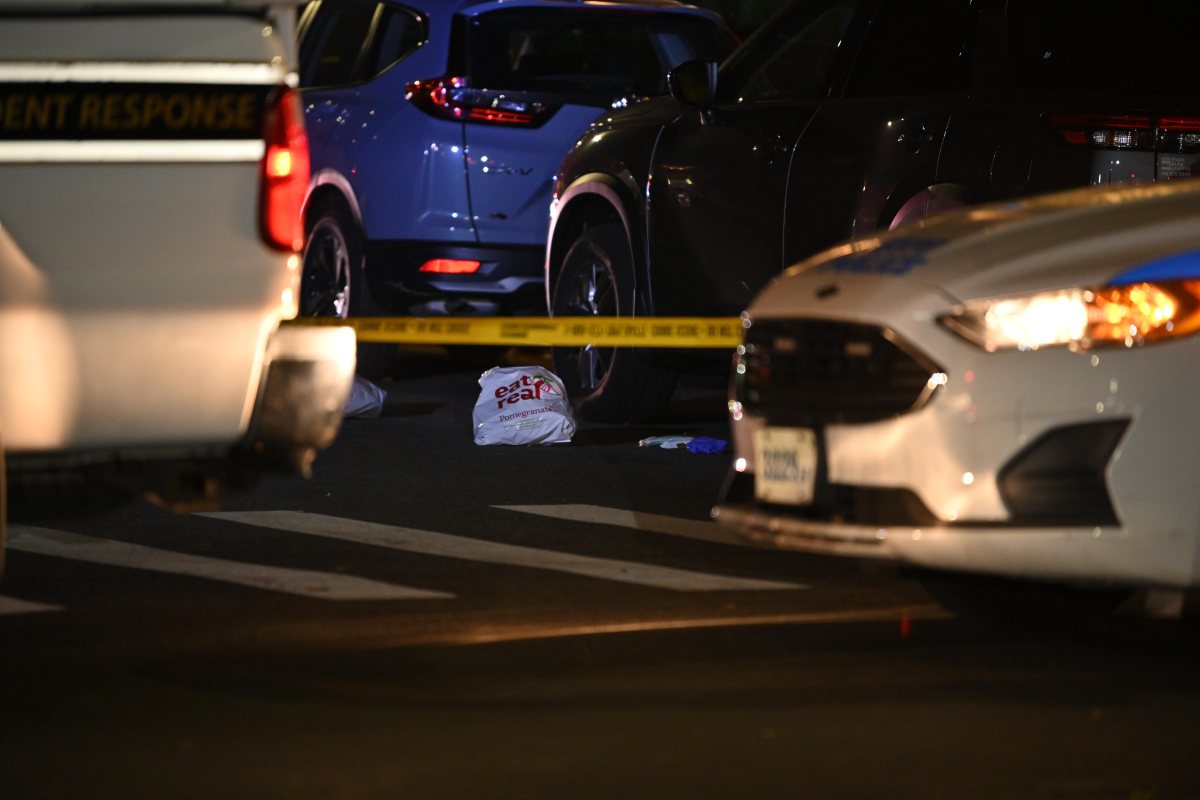BY PAUL SCHINDLER | It hardly seems possible that after two years in national politics and a half-dozen years since he pulled his Obama birther outrage that Donald Trump can still shock us.
And yet he can and does, with wearying regularity.
Just a week ago, the focus of our alarm was his bellicosity toward North Korea. His “fire and fury” tweet shocked American allies, none more so than South Korea, and was, by all reports, done without the advice of “his generals,” as he’s so fond of referring to them. We have a 71-year-old wildly impulsive man with the instincts of a bully but no real understanding of war, diplomacy, or foreign affairs freelancing on a question of existential magnitude. This is the world we Americans now find ourselves in — and to which we are subjecting the rest of humankind.
EXPRESS OURSELVES
The president’s ludicrous and dangerous tough talk was no doubt prompted by frustration that the media won’t follow whatever narrative he’d like to see — and the manic sense within the White House that the topic of the day needs to be anything other than Russia.
Our stomachs hadn’t yet settled from the rat-a-tat series of war-mongering tweets when another self-inflicted crisis consumed the presidency — this one arguably showing Trump at his very worst (though that judgment is open to revision down the line).
This past Friday night, an angry, brazen mob organized as Unite the Right — largely young men who alternately style themselves as alt-right activists, white nationalists, white supremacists, neo-Nazis, and Nazis — marched through the campus of the University of Virginia, founded by Thomas Jefferson, in the liberal enclave of Charlottesville. Carrying guns, Confederate flags, and swastikas — and, farcically, Tiki torches, as well — they chanted, “Jews will not replace us” and “blood and soil,” a phrase right out of Hitler’s play book. They also reveled in their racism, while holding their right arms aloft in the Nazi salute.
The following day, these thugs met counter-protesters on hand to reclaim Charlottesville for the cause of decency, and violent clashes ensued. Numerous counter-protesters described being assaulted with tear gas, rocks, and other crude weapons by the armed legions of the right, who in turn claimed they were attacked.
After authorities declared a state of emergency, the two crowds were separated and the Unite the Right rally called off. Then, as the counter-protesters moved through the Charlottesville streets, a self-avowed Nazi admirer, James Alex Fields, Jr., a 20-year-old Ohio man, plowed his car into the crowd, killing 32-year-old Heather Heyer, one of the counter-protesters.
Hours later, on vacation at his Bedminster, New Jersey, golf resort, Trump faced reporters and said, “We condemn in the strongest possible terms this egregious display of hatred, bigotry, and violence on many sides.” The president paused, looked into the camera, and repeated, “On many sides.”
The reaction to the moral ambiguity and false equivalency in Trump’s statement was harsh, drawing rebukes from the likes of Orrin Hatch, the conservative Republican Utah Senate veteran, and Florida’s Marco Rubio. The White House tried to do damage control, with unattributed statements emphasizing that, of course, the president opposes white supremacy and neo-Nazism. But, it wasn’t enough, and so on Monday, a tight-faced Trump marched out in front of the cameras and read the following from a teleprompter: “Racism is evil — and those who cause violence in its name are criminals, and thugs, including KKK, neo-Nazis, white supremacists, and other hate groups are repugnant to everything we hold dear as Americans.”
It was yet still possible to believe the president had learned something from all this, but his withering Twitter attacks on an African-American CEO who resigned his seat on a White House manufacturing advisory board over the tragedy signaled that Trump’s obstinance would not go gentle into that good night.
By Tuesday, we saw — as perhaps we never have before — the real Trump, as he ranted at the media in the lobby of Trump Tower that there was nothing wrong with his original statement on Charlottesville. Describing the crowd who had marched through the UVA campus with torches shouting racist and anti-Semitic chants, the president said, “If you look, they were people protesting very quietly the taking down the statue of Robert E. Lee. I am sure in that group there were some bad ones. The following day, it looked like they had some rough, bad people, neo-Nazis, white nationalists, whatever you want to call them. But you had a lot of people in that group that were there to innocently protest and very legally protest… You had many people in that group other than neo-Nazis and white nationalists. Okay? And the press has treated them absolutely unfairly.”
About the counter-protesters, demonstrating against racism and neo-Nazis, Trump said, “What about the alt-left that came charging at the, as you say, the alt-right? Do they have any semblance of guilt? Let me ask you this: What about the fact that they came charging, that they came charging with clubs in their hands swinging clubs? Do they have any problem? I think they do… And you had a group on one side that was bad and you had a group on the other side that was also very violent. And nobody wants to say that. But I’ll say it right now… I think there is blame on both sides.”
There you have it — a statement that cheered both ex-KKK leader David Duke, who tweeted praise for Trump’s “honesty & courage,” and avowed white supremacist Richard Spencer, who texted that he was “really proud of him.”
News sources are confirming what we would expect, that Steve Bannon, the alt-right senior strategist whom Reuters reports the president is “afraid” of firing, advised Trump not to come down too hard on the Charlottesville thugs. They’re his base, after all. His peeps.
Which leaves every other Trump voter in the nation with a defining test of conscience: Is this a party you want to stay at?
It is time to choose. There are not “many sides” here.






